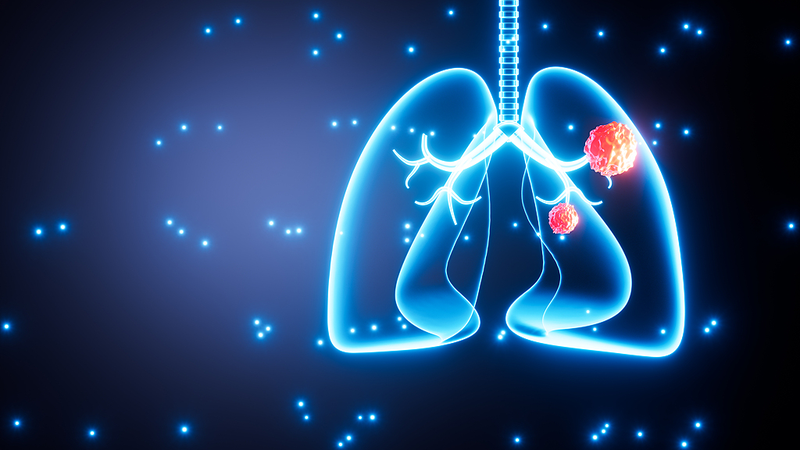Study Sheds Light on Lung Cancer in Nonsmokers
In a groundbreaking review published in the Journal of the American Medical Association, researchers from Australia and the UK have found that 15 to 20 percent of lung cancer cases globally occur in people who have smoked fewer than 100 cigarettes in their lifetime. This unexpected figure is prompting scientists and health advocates to reexamine risk profiles and treatment options.
After analyzing 92 international studies, the team led by Benjamin J. Solomon of the Peter MacCallum Cancer Center and the University of Melbourne discovered that adenocarcinomas — cancers originating in glandular cells — dominate among nonsmoker cases. Even more intriguing, these patients often exhibit higher rates of specific cancer-related gene mutations, which can influence the effectiveness of targeted therapies.
So who is most at risk? The study highlights several key factors beyond active smoking:
- Passive smoking exposure, both at home and in public spaces
- Chronic air pollution and indoor pollutants like radon
- Occupational hazards, including asbestos exposure
- Family history of lung cancer among first-degree relatives
These insights are particularly relevant for young global citizens and travellers who may not see themselves at risk. Urban air quality varies widely across G20 nations, and emerging markets still manage industrial pollution challenges. Understanding these environmental risks empowers communities to advocate for cleaner air policies and adopt preventive measures.
For healthcare professionals and tech innovators, the high frequency of actionable gene mutations in nonsmoker lung cancers opens doors for precision medicine. Startups and research centers worldwide are racing to develop targeted treatments that can improve outcomes for these patients.
As the conversation around lung cancer evolves, this study serves as a call to action: smoking cessation remains vital, but so does addressing environmental and genetic risk factors. By breaking down preconceived notions, we can drive global efforts toward early detection, personalized care, and ultimately, a world with fewer lung cancer surprises.
Reference(s):
cgtn.com




